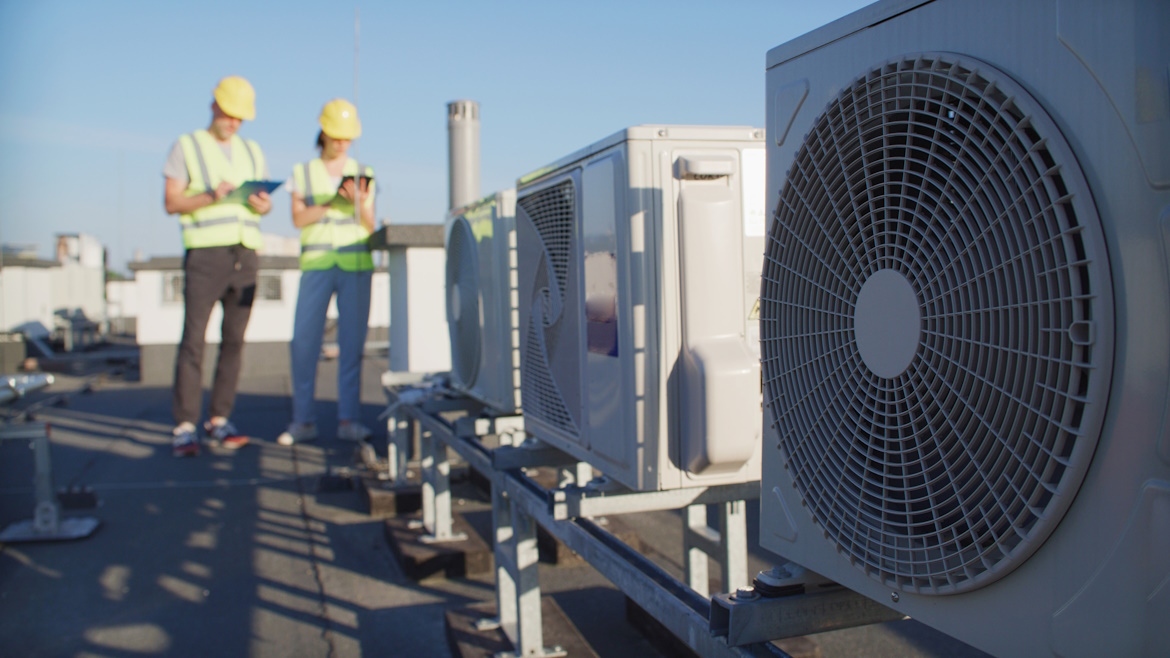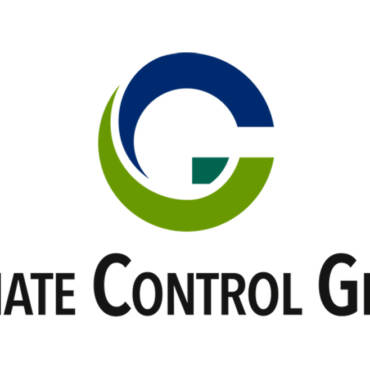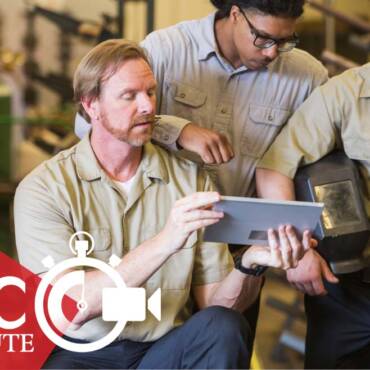When it comes to the nation’s marijuana laws, according to attorney Tray Batcher, one constant is that they’re always changing.
“The laws are evolving all the time, right?” Batcher recently said to a group of HVACR contractors. “This is a field where things are updating constantly, and the laws are changing constantly.”
The key for contractors who want to know how to best handle potential off-the-job marijuana use by their employees, and head off any business disruptions marijuana use that might cause, Batcher said, is to know the laws in their state and their locality and how those laws might apply in a specific situation.
“Wherever you’re standing, federal laws apply to you. Wherever you are in your state, your state laws apply to you. Wherever you are in your county, your county laws apply to you,” Batcher said. “If you’re in a city … now we have city ordinances.”
Batcher, a partner in the Tampa, Florida, office of the law firm Adams and Reese, specializes in construction-related law and is general counsel for the Florida Refrigeration and Air-Conditioning Contractors Association (FRACCA), ACCA’s partner in the state. He spoke during a webinar that took place during the recent ACCA Service Managers Forum in Pasadena, Calif.
According to Batcher, marijuana use is fully legal for adults in 24 states and the District of Columbia, and roughly 53% of the U.S. population lives in those places. In the remaining states, he said, medical marijuana is legal in most, and some of those states have also decriminalized recreational marijuana use. In some states, only cannabidiol (CBD), a component of cannabis plants that’s less potent than tetrahydrocannabinol (THC), is legal. Only in four states — Idaho, Wyoming, Kansas, and South Carolina — is marijuana use, whether medical or recreational, criminalized.
Marijuana is still illegal at the federal level, Batcher said, but presidential administrations have for nearly 20 years not interfered with state laws when it comes to pot.
“Could a president change this? Could a president issue a directive saying, ‘Hey, that stuff is criminal under my law. Go and enforce it’? They technically could,” Batcher said. “I don’t think we’re going to see that, just because (of) the myriad of issues that will come out of that.”
In fact, he added, federal law is likely to go in the opposite direction, and there are frequently bills introduced in Congress for reforming the laws around marijuana.
However, Batcher noted that federal contracts have a drug-free clause, and federal facilities are drug-free workplaces, so any HVACR work done for the federal government, or any work in which federal money is involved, is likely to require a ban on cannabis use by the workers.
Batcher said a drug-free workplace policy could be right for many contractors, as it can limit employer liability if someone gets hurt on the job and it was determined, through testing, that marijuana use may have been a factor. Drug-free workplaces can also be eligible for reduced rates on worker compensation insurance, he said.
“If you get one, generally, you’re going to get a pretty good reduction in your workmen’s comp. … Ideally, you’re seeing less injuries across the board, because you’re recruiting from a more specific work pool,” Batcher said.
Having a drug-free workplace is not just a matter of declaring one, though, Batcher said. The rules must be clearly stated, understood by the employees, and enforced.
In many states, Batcher said, a positive test will be enough for an employer at a drug-free workplace to fire an employee. But some places where marijuana use is legal, he warned, have “impairment-plus” laws, meaning that before a worker found to be using marijuana on their own time can be legally fired, the employer must show that the used amount affected his or her ability to do the job.
Even impairment-plus laws vary from state to state, Batcher said (and the city of San Francisco, in California, has one too).
“California is going to be a little bit different from Nevada, who’s going to be different from Arizona,” he said. “So you really kind of got to get with someone who knows your laws and your areas to figure that out, make your policies clear.”
Consistency is critical with drug-free policies, Batcher said.
“If you’re not enforcing it — you just put it on a desk, you have someone sign, ‘Yeah, I looked at this’ when you hire them, and then that’s the last time it’s ever used — that stuff is thrown in your face in litigation,” he said. “That’s thrown in your face by OSHA (the Occupational Safety and Health Administration), it’s thrown in your face by these, you know, car-accident attorneys.”
Sometimes, in a state with an impairment-plus law, an employer has to build a case against a worker found to be using marijuana, absent an on-the-job accident or injury, before firing him or her for cause, Batcher said, or else risk a wrongful termination lawsuit. Building a case might include documenting incidents such as marijuana odors in work trucks, or complaints from customers, he said.
Another caveat, Batcher said, is that a contractor may have to provide a disability accommodation for an employee who legally uses medical marijuana, even in a drug-free workplace. In those situations, he said, it’s the underlying medical condition that leads to the marijuana use that’s the disability.
A “reasonable” accommodation to help such an employee perform the “essential function” of the job is what’s called for under those circumstances, Batcher said. In certain jobs, he added, an accommodation may not always be possible.
“If you can offer an accommodation to help them perform the essential function, then you have to do that,” Batcher said. “If you’re not doing that, that’s when you get in trouble under federal law. That’s when they can come in and say, ‘Hey, you discriminated against my disability.’“
Whether you require installation, repair, or maintenance, our technicians will assist you with top-quality service at any time of the day or night. Take comfort in knowing your indoor air quality is the best it can be with MOE heating & cooling services Ontario's solution for heating, air conditioning, and ventilation that’s cooler than the rest.
Contact us to schedule a visit. Our qualified team of technicians, are always ready to help you and guide you for heating and cooling issues. Weather you want to replace an old furnace or install a brand new air conditioner, we are here to help you. Our main office is at Kitchener but we can service most of Ontario's cities
Source link



